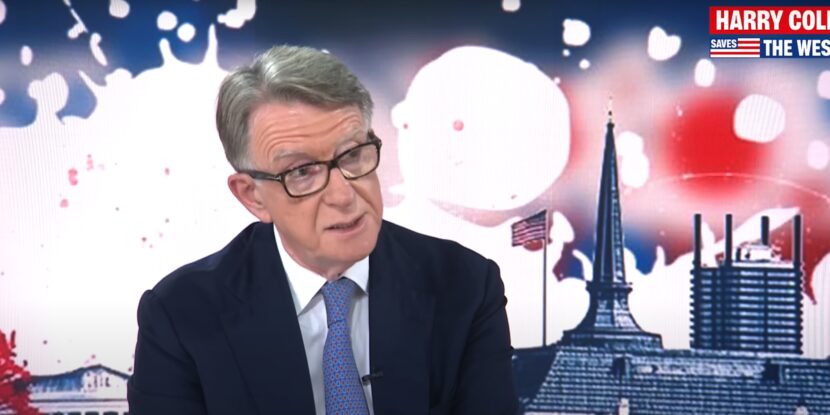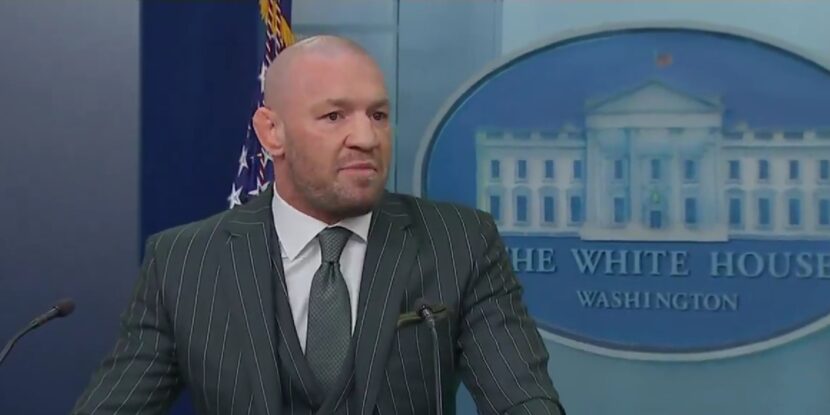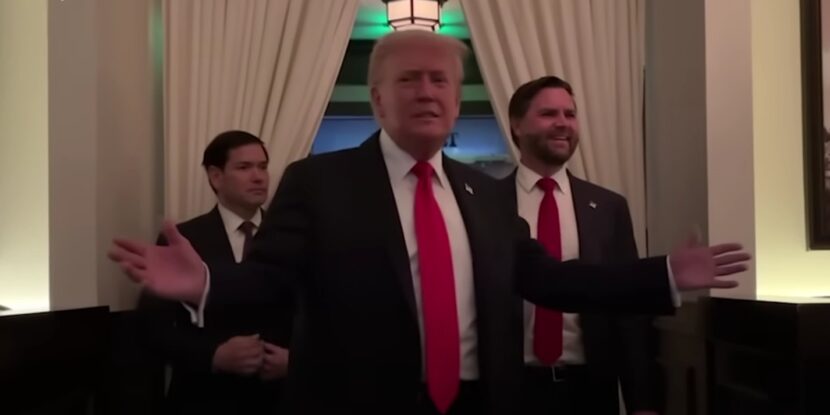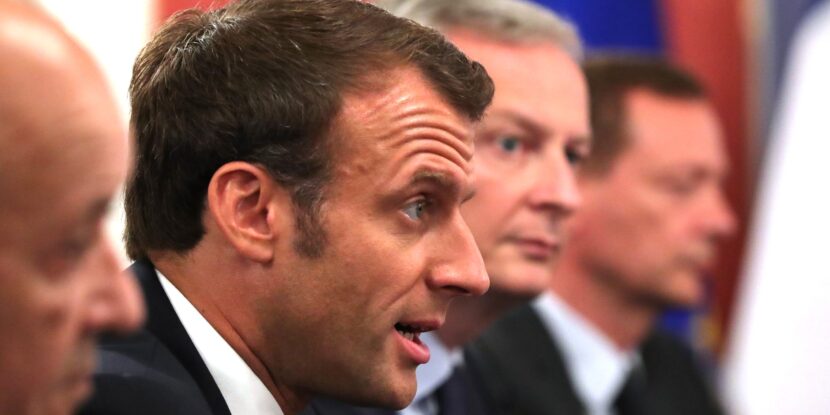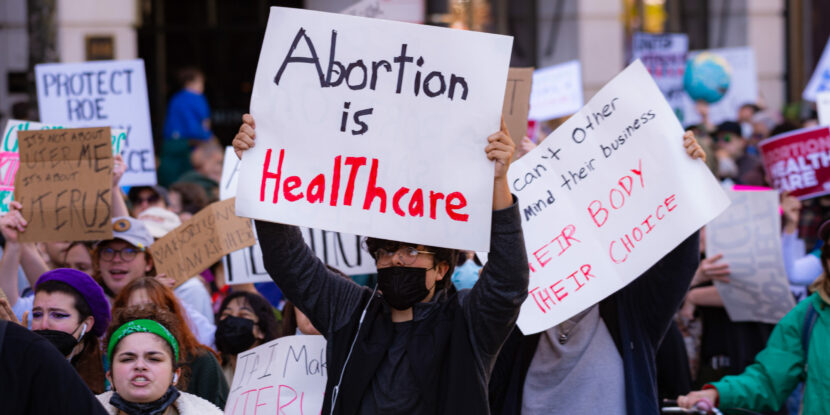❓WHAT HAPPENED: Peter Mandelson was dismissed as the UK’s ambassador to the United States following further revelations of his close ties to Jeffrey Epstein, 7 months into his tenure.
👤WHO WAS INVOLVED: Peter Mandelson, Jeffrey Epstein, Prime Minister Keir Starmer, and the UK Foreign Office.
📍WHEN & WHERE: Mandelson’s dismissal was announced on Thursday, with events unfolding in the US and the UK.
💬KEY QUOTE: “Wherever he is in the world, he remains my best pal.” – Peter Mandelson, in Epstein’s birthday book.
🎯IMPACT: The scandal has intensified scrutiny on Starmer’s judgment and raised questions about Mandelson’s past actions and associations.
Lord Peter Mandelson–once dubbed the ‘Prince of Darkness’ by the British press–was removed as Britain’s ambassador to the United States on Thursday after more of his connections to Jeffrey Epstein, the convicted sex offender, caused further political turmoil for Prime Minister Keir Starmer. The dismissal followed the release of a “birthday book” by U.S. lawmakers, in which Mandelson referred to Epstein as “my best pal.”
The National Pulse had previously reported on Mandelson’s links to Epstein, with Editor-in-Chief Raheem Kassam appearing on the Charlie Kirk Show in January to make the case against Mandelson.
“[T]he idea that Keir Starmer, the current Prime Minister, would shove somebody like Lord Mandelson into the embassy in D.C. and expect him to be taken seriously is a great affront to President Trump, it’s a great affront to the American public and what they voted for,” Kassam told the late Charlie Kirk, who was assassinated on Wednesday in one of the most heinous acts of political violence in American history.
“It shows a deep disconnect of Britain with America right now, and I’m frankly embarrassed about it and apologetic, actually, to all of you about that.”
Despite defending Mandelson earlier in the week, Starmer faced mounting pressure after Bloomberg published emails showing Mandelson’s continued support for Epstein even after his 2008 conviction. In the emails, Mandelson expressed frustration over Epstein’s legal troubles and offered advice based on Sun Tzu’s “Art of War.”
The UK Foreign Office stated that the emails revealed “the depth and extent” of Mandelson’s relationship with Epstein, which had not been fully disclosed at the time of his appointment. Mandelson’s ties to Epstein became harder to ignore after the release of Epstein’s 50th birthday book, which included a handwritten note from Mandelson describing their friendship and time spent together.
In a statement to The Sun, Mandelson admitted he found the note “very embarrassing” and acknowledged that more incriminating exchanges could surface. He claimed his support for Epstein occurred before the 2008 conviction and expressed regret for believing Epstein’s assurances about his legal troubles. His interview with veteran reporter Harry Cole, who recently launched his “Saves the West” show in Washington, D.C., appears to have been his final undoing.
The Foreign Office emphasized that Mandelson’s suggestion that Epstein’s initial conviction was wrongful was a “new revelation” and cited the need to respect Epstein’s victims as a reason for the immediate withdrawal of Mandelson’s ambassadorship.
Join Pulse+ to comment below and receive exclusive email analyses.
